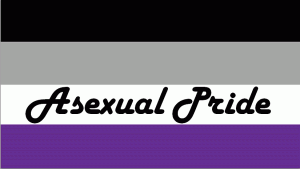 The asexual community is starting to gain visibility, but many people – even some researchers and sex educators – still consider them unicorns. One look at the well-frequented and educational website of AVEN, the Asexual Visibility and Education Network, is enough to dispel that particular myth. Since having been founded by David Jay in 2001, AVEN has become the world’s largest asexual online community, with Salon.com having called it the “unofficial online headquarters” of the asexual movement. A study by Anthony F. Bogaert, published in the Journal of Sex Research in 2004, estimated the number of people who have never experienced sexual attraction at about 1%.
The asexual community is starting to gain visibility, but many people – even some researchers and sex educators – still consider them unicorns. One look at the well-frequented and educational website of AVEN, the Asexual Visibility and Education Network, is enough to dispel that particular myth. Since having been founded by David Jay in 2001, AVEN has become the world’s largest asexual online community, with Salon.com having called it the “unofficial online headquarters” of the asexual movement. A study by Anthony F. Bogaert, published in the Journal of Sex Research in 2004, estimated the number of people who have never experienced sexual attraction at about 1%.
A person who is asexual doesn’t experience sexual attraction to other people, regardless of sex or gender. Obviously, that doesn’t make them emotionless clay tiles though. Asexuals still have emotional needs and, like sexual people, fulfill them in a variety of ways. Some, though not all, also experience romantic attraction and/or physical arousal, but not all experience them the same way. As sexual and romantic attraction work independently of each other, some asexuals can also identify as lesbian, bi, straight, or gay, depending on who they prefer having relationships with. Yes, some asexuals can have and desire having relationships, including with sexual people. Like all successful relationships, they require honesty and good communication, but are entirely possible.
Now, let’s tackle some of the most common misconceptions people who are unfamiliar with asexuality have.
Asexuality is not the same as celibacy. People can choose to be celibate for a variety of reasons; asexuals, however, choose their orientation as little as bisexual, lesbian, gay or straight people. It is not caused by abuse, sexual repression or mental illness. Most asexuals simply feel neutral about sex, though there are also some who would find participating in anything sexual with another person entirely repulsive. Asexuality can’t be cured, and trying to do so would be harmful to the asexual person.
Another challenge asexuals face in everyday life is living in a society that places such a high value on sex. We’re all surrounded by sexual images and messages, and it can be difficult for asexuals to deal with the expectations society places on them. In a world where most people expect everybody to be sexually interested in others, it’s easy to feel alienated. And then there’s also that question. How can you know you’re asexual when you’ve never had sex with somebody? Sounds familiar, if you’re anything other than traditionally straight, doesn’t it? Let me answer this with a counter question: How can you know you’re straight (or bisexual or gay) when you’ve never had sex with somebody?
With all that said, if you used to experience sexual attraction and a sex drive and they suddenly vanished, you should seek out a medical professional. It could be a sign of something more serious, a hormonal imbalance or a side effect of medication.
If you want to learn more about asexuality, I suggest you visit www.asexuality.org. AVEN has detailed answers in their FAQs, including for family members and partners of asexuals. There is also an extensive AVENwiki, which has a lot of in-depth information.
____________________________________________________________________________________________________
Follow and ‘like’ the author’s Facebook page here —-> Faith McLay Official, to stay updated.
Asexuals Aren't Unicorns,
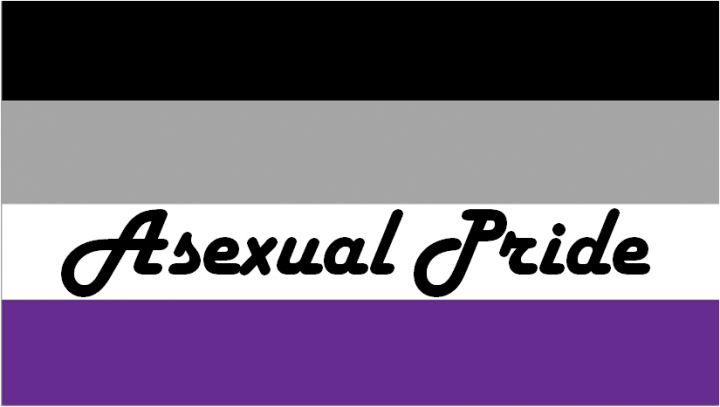
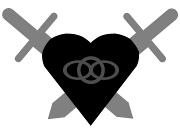
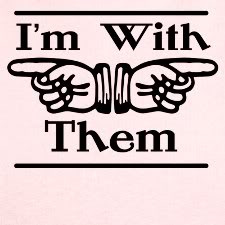
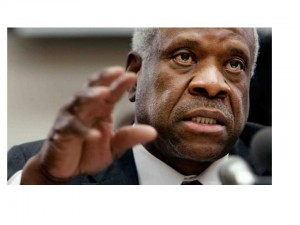
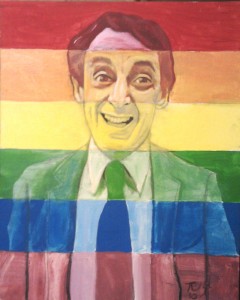
Pingback: Asexuality; The Unicorn of Sexual Orientation | blog.sexlab.ca